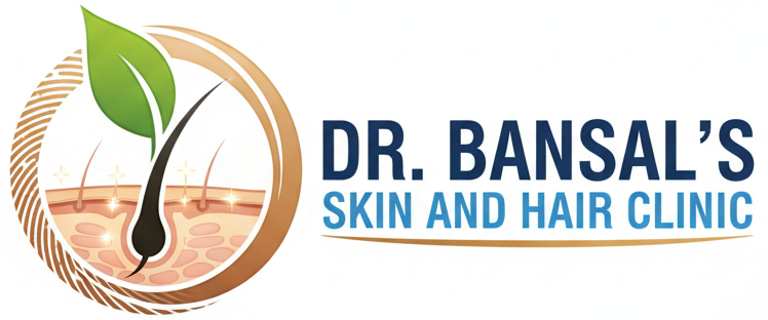Lichen Planopilaris Treatment in Indore
Dr. Bansal's Hair Clinic, Indore
About LPP
Lichen planopilaris is a rare inflammatory scalp disorder that results in permanent hair loss because of the destruction of hair follicles. It is in the category of scarring alopecia.
Key features:
Red, inflamed patches on the scalp
Scaling or shiny skin where hair is lost
Itching, burning, or tenderness
Gradual thinning of hair, followed by permanent baldness
Cause:
Autoimmune reaction → body attacks hair follicles
Exact triggers unknown
Can be associated with lichen planus elsewhere (skin, nails, mouth)
⚠️ Diagnosis
Clinical examination: patchy hair loss with perifollicular erythema
Trichoscopy-scalp dermoscopy: white dots, perifollicular scaling
Scalp biopsy: confirms inflammation around follicles and scarring
Blood tests, if necessary, to rule out autoimmune conditions
Treatment
Goal: Reduce inflammation, prevent further hair loss. Hair regrowth into scarred areas is usually not possible.
1. Topical Treatments
Corticosteroids (high potency): reduce inflammation
Clobetasol propionate 0.05% lotion/foam/shampoo
Calcineurin inhibitors: tacrolimus or pimecrolimus cream
It is useful if steroids cause side effects or are to be used for a long time.
2. Oral Medications
Corticosteroids (short-term, systemic)
Prednisone may be used in severe flares
Hydroxychloroquine (antimalarial)
Common first-line systemic treatment for long-term control
Immunosuppressants:
Methotrexate, mycophenolate mofetil, cyclosporine (reserved for resistant cases)
Tetracycline antibiotics: doxycycline or minocycline
Anti-inflammatory effect; sometimes used in mild cases
3. Procedural / Supportive Care
Intralesional steroid injections for localized inflammation
Scalp care: mild shampooing; avoid irritation
Sunscreen or scalp protection if scalp is exposed
Prevention & Maintenance
Early diagnosis and treatment can help prevent permanent hair loss.
Avoid trauma to affected scalp areas: scratching, tight hairstyles
Regular follow-up with a dermatologist regarding disease activity
Minimize the triggers if known, such as stress, infections, or medications
What Not to Do
Don't ignore symptoms early on because scarring is permanent.
❌ Avoid using harsh chemicals or dyes on your scalp.
❌ Don’t scratch or pick inflamed patches
❌ Do not self-administer over-the-counter antifungals or steroids for long periods of time
Care
Dr. Shreyas Bansal has over 46 years of experience in promoting hair health and wellness. At Dr. Bansal’s Homeopathy Clinic, located at 2 Manish Bagh, Sapna Sangeeta Road, Indore, we provide personalised care to strengthen your hair, improve scalp health, and restore confidence naturally.
Health Hairs AT
Beauty
+91 9926120111
© 2025. All rights reserved.
